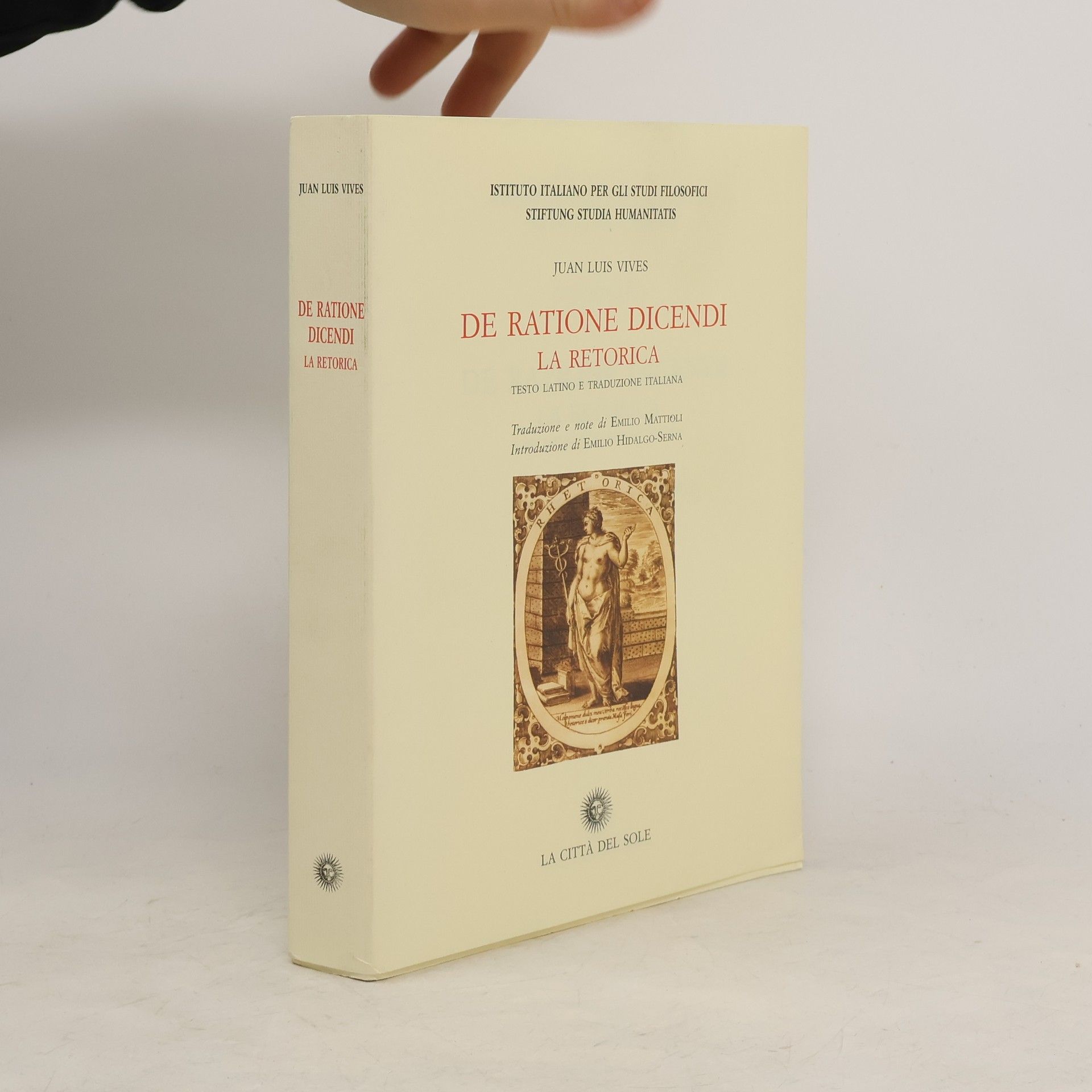Juan Luis Vives Orden de los libros
6 de marzo de 1492 – 6 de mayo de 1540
Juan Luis Vives fue un erudito y humanista valenciano que pasó casi toda su vida adulta en los Países Bajos Meridionales. Sus creencias sobre el alma, sus conocimientos sobre las primeras prácticas médicas y su perspectiva sobre las emociones, la memoria y el aprendizaje le han valido el título de «padre» de la psicología moderna. Vives fue el primero en arrojar luz sobre ideas clave que sentaron las bases de nuestra percepción actual de la psicología. Su obra se adentra en las complejidades de la mente humana, explorando cómo aprendemos y recordamos.

- 2002